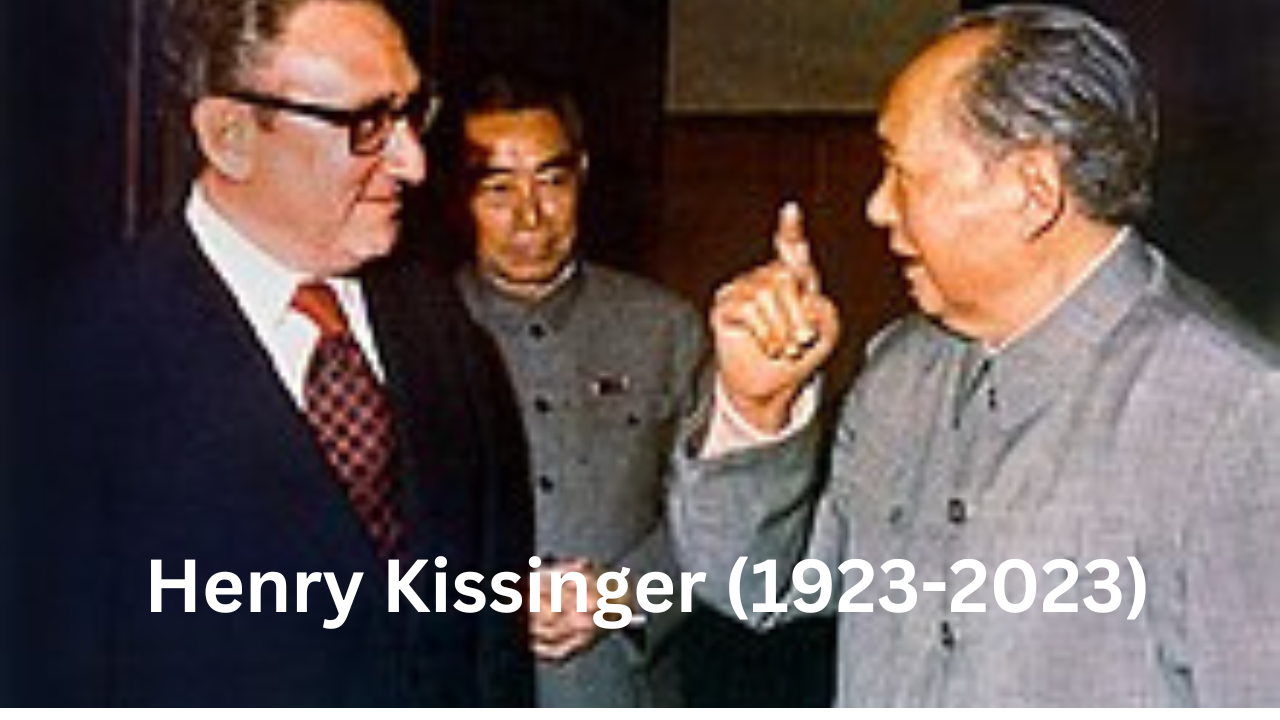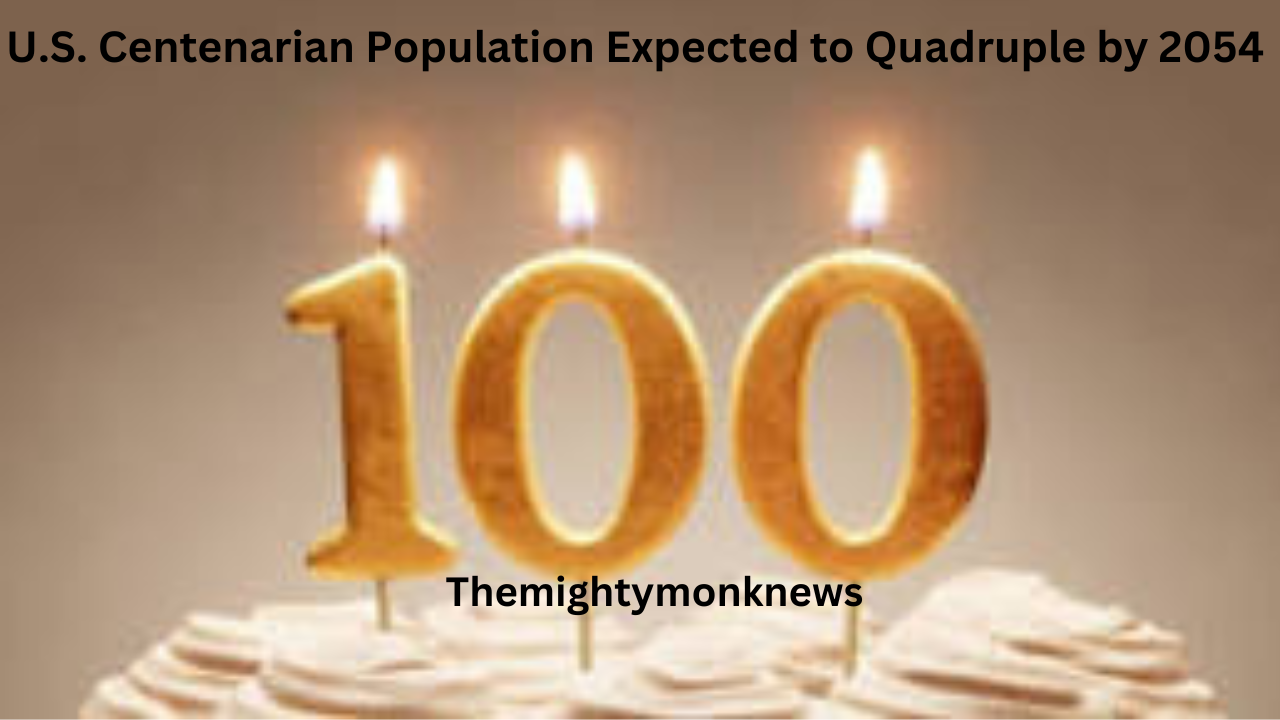Henry Kissinger (1923-2023): US Realpolitik giant leaves a Contentious Legacy behind
The Dynamic Partnership of Nixon and Kissinger: Shaping U.S. Foreign Policy
Explore the unique relationship between President Richard Nixon and his National Security Advisor turned Secretary of State, Henry Kissinger. Their close collaboration, marked by secrecy and “backchannel” negotiations, reshaped U.S. foreign policy during a critical era. Learn how their contrasting personalities and strategic visions played a pivotal role in international relations.
Henry Kissinger played a pivotal role in shaping U.S. foreign policy during his tenure as National Security Advisor and later as Secretary of State under Presidents Richard Nixon and Gerald Ford. Following the death of George Shultz in February 2021, Kissinger became the last surviving member of the Nixon administration Cabinet.
The collaboration between Nixon and Kissinger was exceptionally close, drawing comparisons to historical partnerships such as Woodrow Wilson and Colonel House or Franklin D. Roosevelt and Harry Hopkins. In each case, the State Department took a secondary role in foreign policy development.
Nixon and Kissinger’s working relationship was characterized by a penchant for secrecy, conducting numerous “backchannel” negotiations that often excluded State Department experts. One notable example was the communication through the Soviet Ambassador to the United States, Anatoly Dobrynin.
Historian David Rothkopf provides insight into the personalities of Nixon and Kissinger, describing them as a fascinating and complementary pair. Kissinger, the charming and worldly “Mr. Outside,” brought intellectual-establishment respectability, while Nixon, the classic American, contributed pragmatism and strategic vision. Despite Kissinger’s assertion of being apolitical, Rothkopf highlights the shared political calculation, ambition, and neuroses that drove both men.
In understanding their impact on foreign policy, it becomes evident that Kissinger’s international perspective and adaptability complemented Nixon’s American pragmatism and strategic foresight. Together, they navigated a complex geopolitical landscape, leaving an indelible mark on U.S. diplomacy.
This historic partnership between Nixon and Kissinger serves as a fascinating study in the interplay of personalities and political dynamics, ultimately shaping the course of American foreign policy during a crucial period.
Henry Kissinger’s Realpolitik Legacy: Détente, China-U.S. Rapprochement, and the Nobel Peace Prize….
Explore Henry Kissinger’s influential role in U.S. foreign policy from 1969 to 1977, characterized by the extension of détente, significant talks with China’s Premier Zhou Enlai, and the formation of an anti-Soviet alliance. Learn about Kissinger’s joint Nobel Peace Prize with Lê Đức Thọ, the ceasefire in Vietnam, and the controversial National Security Study Memorandum 200.
Henry Kissinger, a key proponent of Realpolitik, wielded significant influence in shaping United States foreign policy from 1969 to 1977. Central to his diplomatic approach was the extension of détente, a policy that notably relaxed U.S.–Soviet tensions and played a pivotal role in the historic 1971 talks with People’s Republic of China Premier Zhou Enlai.
The outcome of the talks marked a watershed moment in international relations as they resulted in a rapprochement between the United States and the People’s Republic of China. This diplomatic breakthrough also laid the foundation for a new strategic alliance aimed at countering Soviet influence—a crucial development in the Cold War geopolitical landscape.
In recognition of his diplomatic achievements, Henry Kissinger, along with Lê Đức Thọ, was jointly awarded the 1973 Nobel Peace Prize. The award acknowledged their roles in establishing a ceasefire and facilitating the U.S. withdrawal from Vietnam. However, the ceasefire proved to be short-lived, casting a shadow over the peace efforts in the region.
Despite being honored with the Nobel Peace Prize, Kissinger exhibited ambivalence. Thọ declined to accept the award, and Kissinger, while donating his prize money to charity, opted not to attend the award ceremony. Later, he even offered to return his prize medal.
In his role as National Security Advisor in 1974, Kissinger directed the much-debated National Security Study Memorandum 200. This memorandum, a subject of significant scrutiny, addressed global population issues and their potential impact on U.S. national security.
Détente and opening to the People’s Republic of China.
The Evolution of Kissinger’s China Policy: Nixon’s Influence and the Delicate Taiwan Balancing Act
When Henry Kissinger assumed the role of National Security Adviser in 1969, China held little interest for him initially. It was President Richard Nixon who emerged as the driving force behind the groundbreaking rapprochement with China, reshaping Kissinger’s approach to international relations.
In April 1970, during a pivotal moment, both Nixon and Kissinger reassured Chiang Ching-kuo, the son of Generalissimo Chiang Kai-shek, about their commitment to Taiwan. They pledged never to abandon the island or compromise with Mao Zedong, signaling a steadfast stance amid the delicate geopolitical dance with the People’s Republic of China.
While Nixon expressed a vague desire to improve relations with the People’s Republic, Kissinger’s initial disinterest in China underwent a transformation. The evolving dynamics between the United States, Taiwan, and the People’s Republic became
The Evolution of Kissinger’s China Policy: Nixon’s Influence and the Delicate Taiwan Balancing Act
Delve into the early days of Henry Kissinger’s tenure as National Security Adviser in 1969 and the transformation of his stance on China under the influence of President Nixon. Explore the dynamics of the delicate balancing act with Taiwan, as both Nixon and Kissinger navigated evolving relations with the People’s Republic and Chiang Kai-shek’s Taiwan.
When Henry Kissinger assumed the role of National Security Adviser in 1969, China held little interest for him initially. It was President Richard Nixon who emerged as the driving force behind the groundbreaking rapprochement with China, reshaping Kissinger’s approach to international relations.
In April 1970, during a pivotal moment, both Nixon and Kissinger reassured Chiang Ching-kuo, the son of Generalissimo Chiang Kai-shek, about their commitment to Taiwan. They pledged never to abandon the island or compromise with Mao Zedong, signaling a steadfast stance amid the delicate geopolitical dance with the People’s Republic of China.
While Nixon expressed a vague desire to improve relations with the People’s Republic, Kissinger’s initial disinterest in China underwent a transformation. The evolving dynamics between the United States, Taiwan, and the People’s Republic became increasingly complex, as both Kissinger and Nixon navigated the delicate balancing act required to maintain relations with Taiwan while pursuing diplomatic overtures with the mainland.
This period marked a strategic shift in Kissinger’s perspective, influenced by Nixon’s vision for a new geopolitical order. The eventual rapprochement with China, a historic diplomatic breakthrough, showcased the adaptability of Kissinger’s foreign policy approach.
The delicate assurances given to Chiang Ching-kuo reflected the nuanced nature of international relations at the time. Kissinger’s journey from disinterest to active engagement with China underscores the impact of Nixon’s influence on reshaping diplomatic priorities during this pivotal era.
In exploring this historical chapter, we gain insights into the complexities of Kissinger’s evolving stance on China and the intricate diplomatic dance between the United States, Taiwan, and the People’s Republic.
Kissinger’s Delicate Dance: Navigating Taiwan, UN Representation, and Sino-American Relations in 1971
In 1971, Henry Kissinger embarked on two pivotal trips to the People’s Republic of China, engaging in secret negotiations with Premier Zhou Enlai. Central to these discussions was the thorny issue of Taiwan, with Zhou demanding that the United States recognize it as a legitimate part of the People’s Republic, withdraw U.S. forces, and cease military support for the Kuomintang regime.
During the July visit, Kissinger made a significant concession by promising to pull U.S. forces out of Taiwan. He outlined a phased withdrawal plan, with two-thirds leaving at the conclusion of the Vietnam War and the remainder departing as Sino-American relations improved.
As Kissinger returned for his second trip in October 1971, the issue of UN representation for China resurfaced. Faced with the challenge of not abandoning an ally, the United States attempted to promote a “two Chinas” compromise at the UN, even though Kissinger acknowledged it as an “essentially doomed rearguard action.”
Simultaneously, American ambassador to the UN, George H. W. Bush, lobbied for the “two Chinas” formula, while Kissinger discreetly removed favorable references to Taiwan from a speech prepared by Secretary of State William P. Rogers, anticipating Taiwan’s expulsion from the UN.
During his second visit to Beijing, Kissinger urged Zhou to consider the compromise to avoid upsetting American public opinion. However, Zhou maintained the People’s Republic’s claim as the legitimate government of all China, rejecting any compromise on the Taiwan issue.
Kissinger, recognizing the diplomatic complexities, informed Nixon that severing ties with Chiang Kai-shek was not feasible due to their historical alliance in World War II. Despite expressing dissatisfaction with George H. W. Bush’s approach, Kissinger showed no anger when the UN General Assembly voted to expel Taiwan and allocate China’s seat on the UN Security Council to the People’s Republic.
This historical account highlights Kissinger’s diplomatic finesse in managing the intricate relations between the United States, Taiwan, and the People’s Republic during a critical juncture in 1971.





